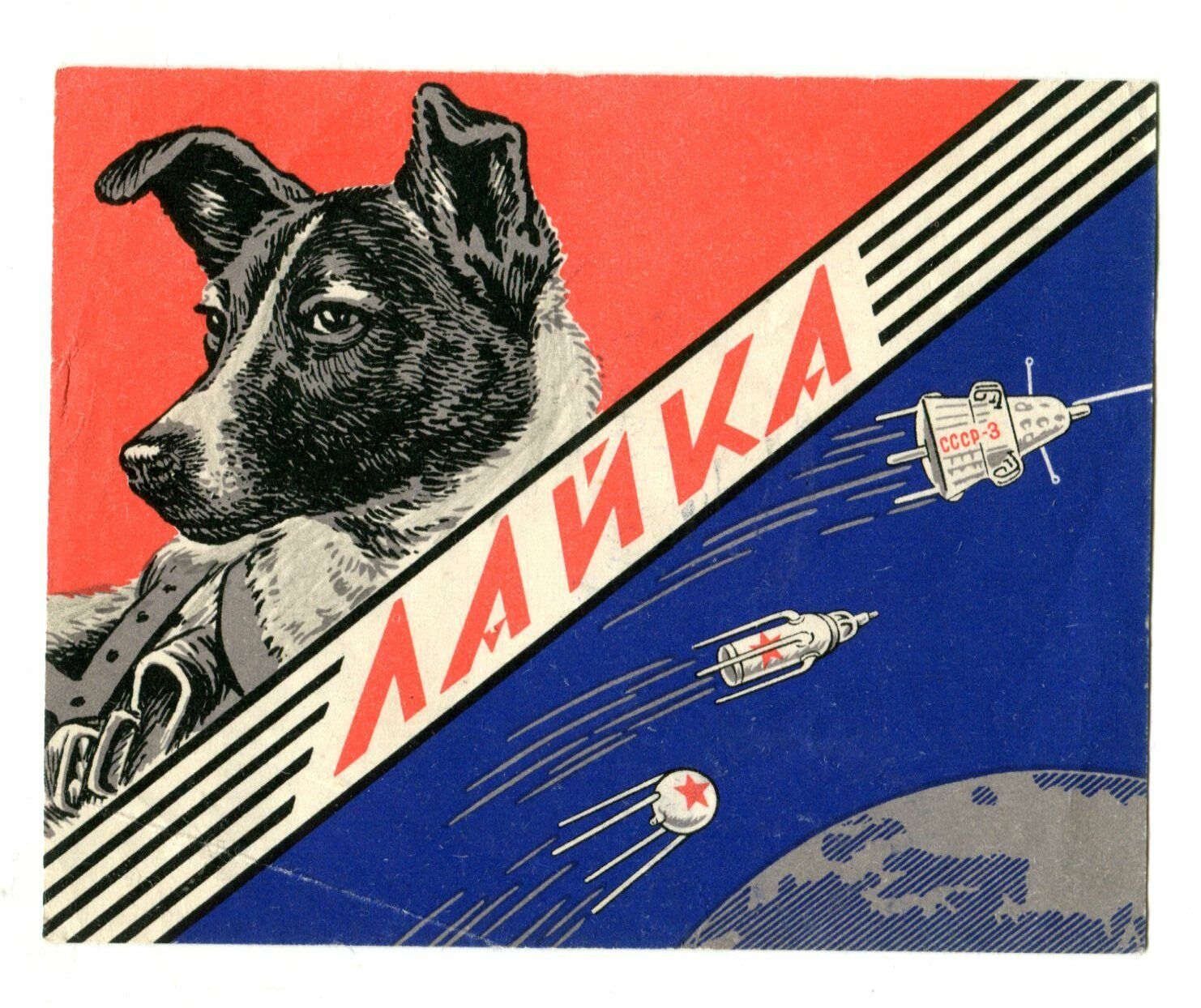My kid can’t really read yet, but they brought me home a book. This exchange occurred in the first ten pages:
“Papa, that man is as black as ashes, isn’t he?”
Papa laughed. “Dogs and horses come in different colors, don’t they?”
“But he’s not a horse, is he, Papa?”
“No, he’s not a horse.” Papa patted her on the head. “But colored folks aren’t much different.”
I WONDER WHY THIS BOOK WAS FREE IN THE LIBRARY.
(I’m not blaming my kid, they chose it just based on the cover.)
I’m hoping the intent was “people, like horses, come in all shapes, sizes and colors and that’s cool” instead of “colored people are not very different from horses”
While I would hope for that as well, unfortunately, I don’t think that was the original intent.
I’m so curious about pages 11 though the end of the book.
What is the name of the book?
The book (which I’m really hoping takes a turn) is Dark Water Rising by Marian Hale.
Dark Water Rising is a 2007 Bank Street - Best Children’s Book of the Year.
Marian Hale is an American author known for her historical novels for young adult
Hale’s second novel, Dark Water Rising (2006), is set in 1900 and follows seventeen-year-old Seth during the devastating Galveston hurricane, blending fiction with historical events.
The novel takes place only a few decades after the Civil War and Reconstruction, so racist oppression is a significant social factor in the story. The reader sees the patterns and structures of racism through the experiences of Josiah and Ezra. To build this theme, Hale exposes Seth to double standards, social restrictions, and interpersonal tensions. Ultimately, as the racial difference both collapses and is upheld in the aftermath of the storm, Hale reveals the social segregation to be a construct—or, as Mr. Vedder puts it, “ceremony.”
This could be an AI sloppy summary, but , maybe it’s not so bad? IDK.
This is different from the blurb on the back of the book, but not by much. I guess the version on the back just doesn’t mention the racism and I didn’t know much about the timeframe. (That part is certainly on me.)

A book set around 1900 not including open racism would be kinda suspicious. From the summary it sounds bit mature for a kid just learning to read though.
You have to disillusion them since the beginning! Thought we millennials were depressed? Well, our kids will be as much, but twice sooner!
Hiding our children from the past only dooms us to repeat it.
I don’t disagree.
So what’s the problem with a book that portrays the historical period with a degree of accuracy?
I didn’t mean to say there was a problem with accuracy.
I just meant to say this was unexpected.
“What do you mean, Papa?” \
Papa smiled. “Tall, athletic, and long ass dicks.” \
“Oh, I thought you were being racist.”
All the best stories have conflict, good and evil, right and wrong. Maybe see where the story goes and use your collective critical thinking skills to decide if the message or lesson resonates with you and your child.
Yes, that is my plan, thanks!




